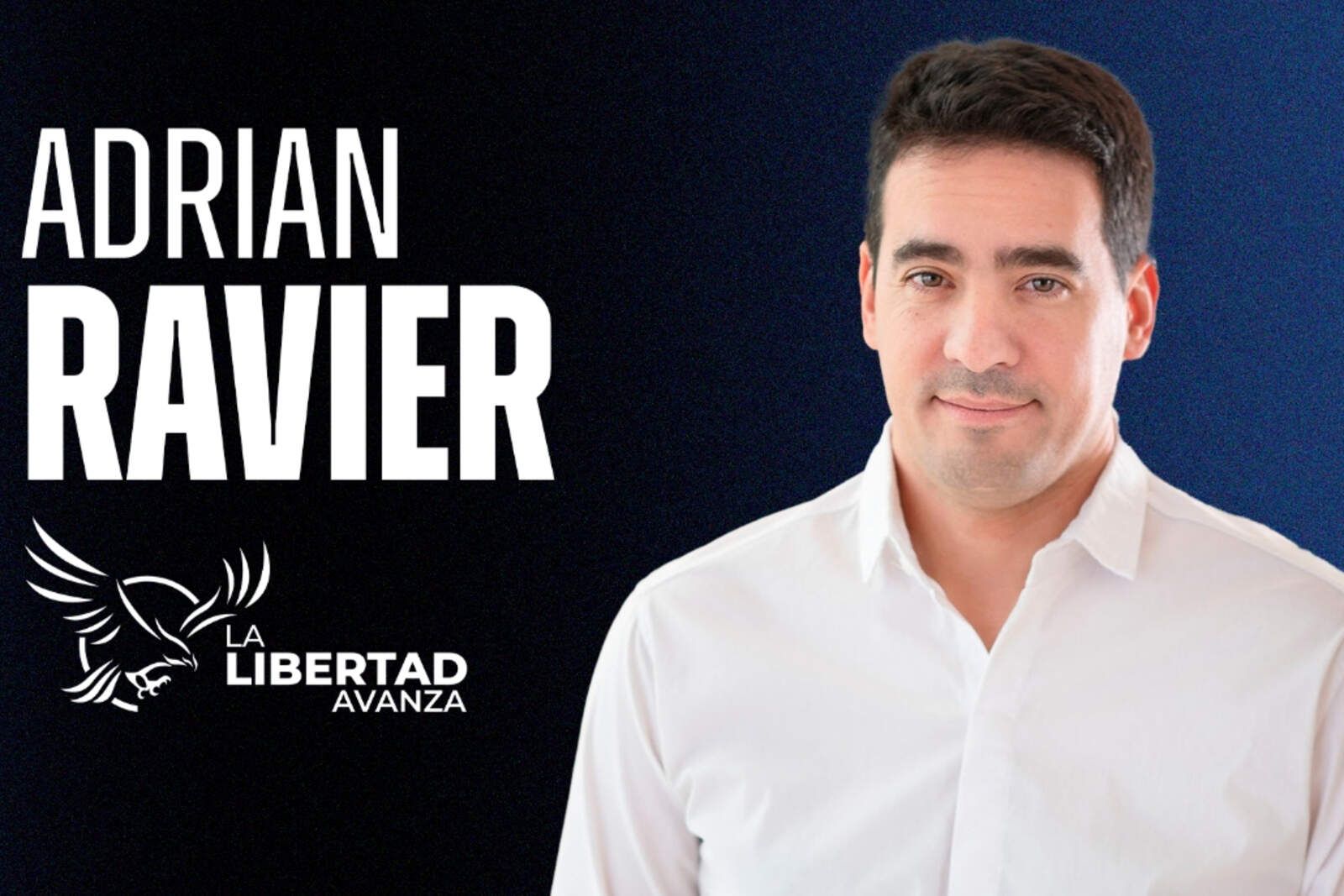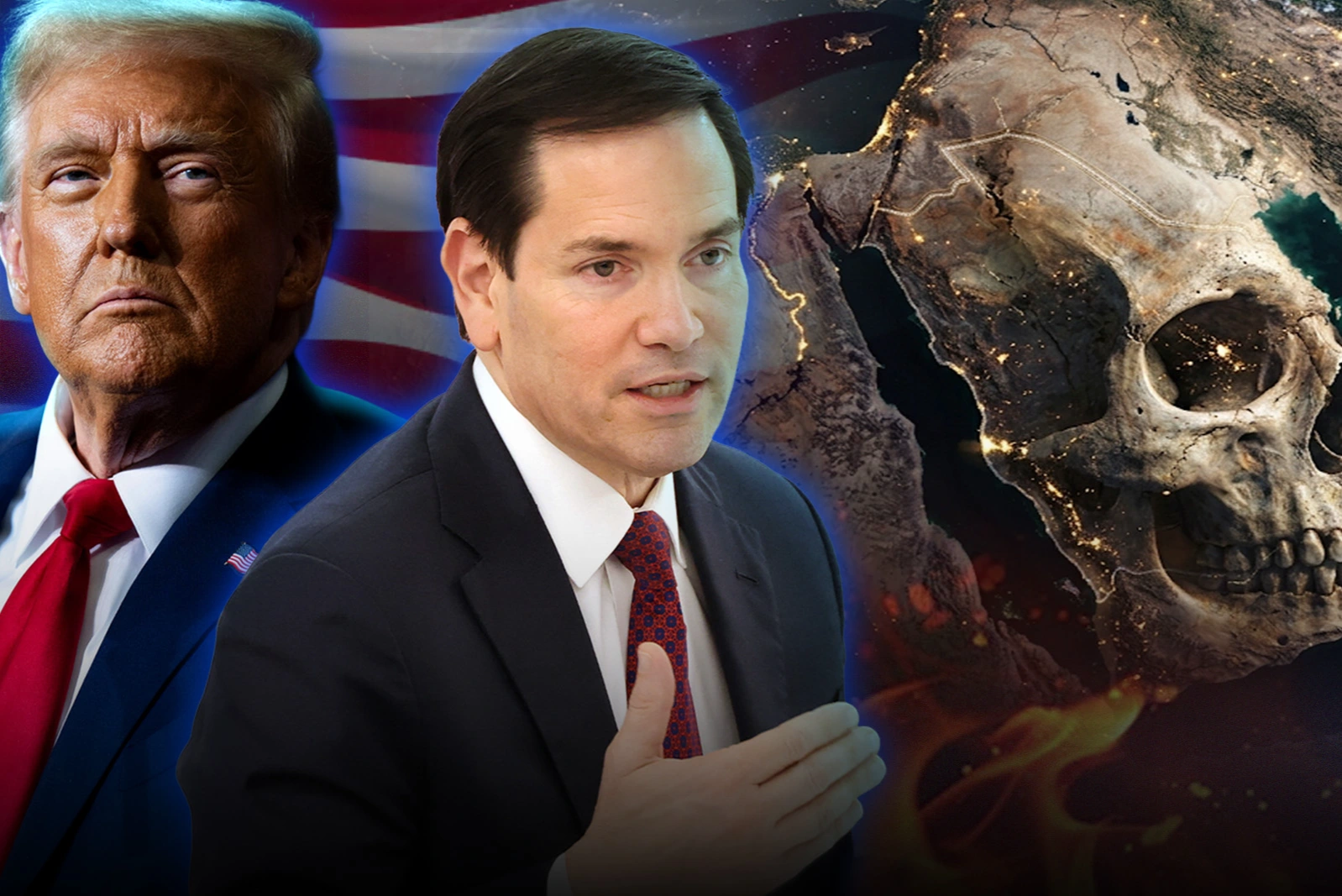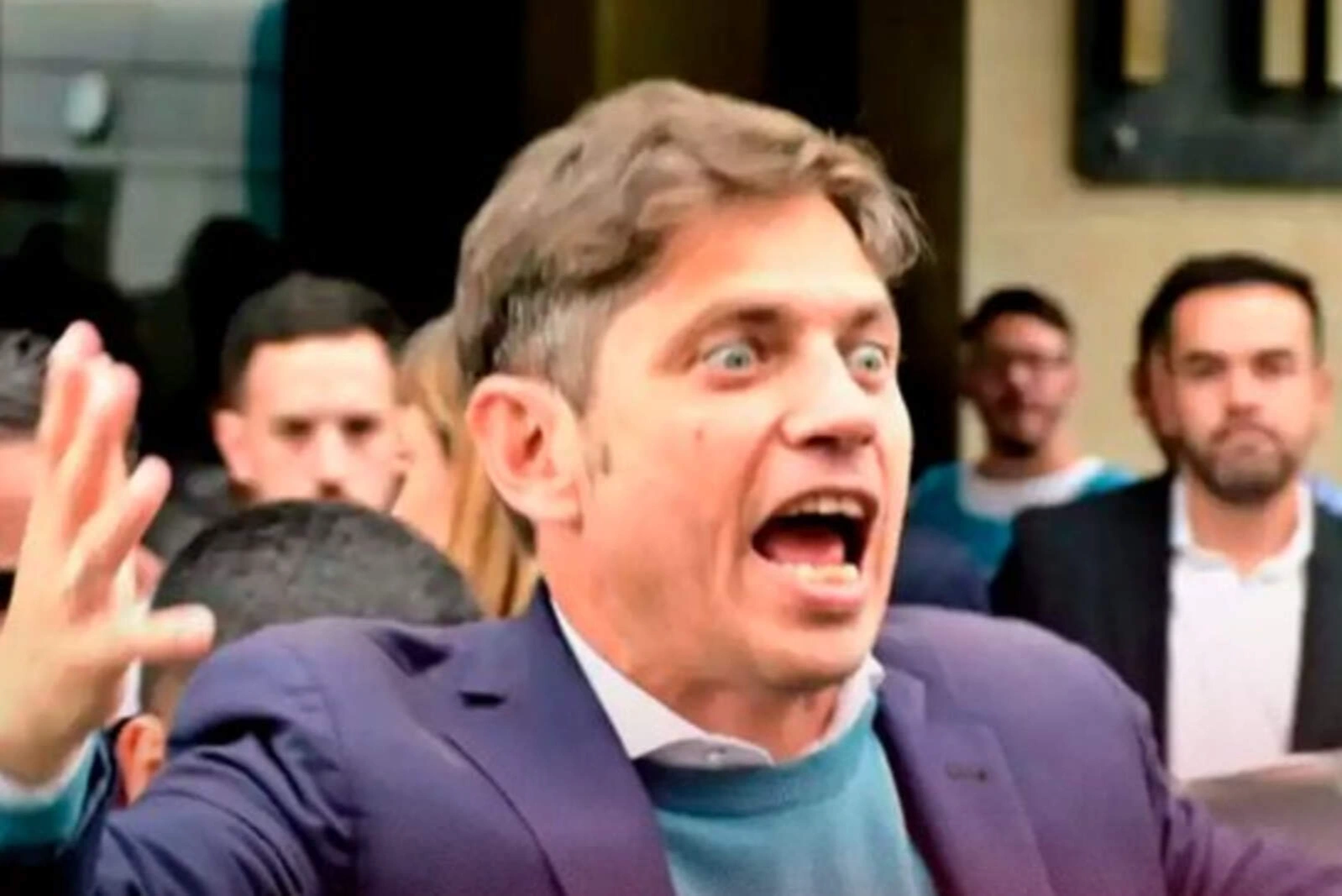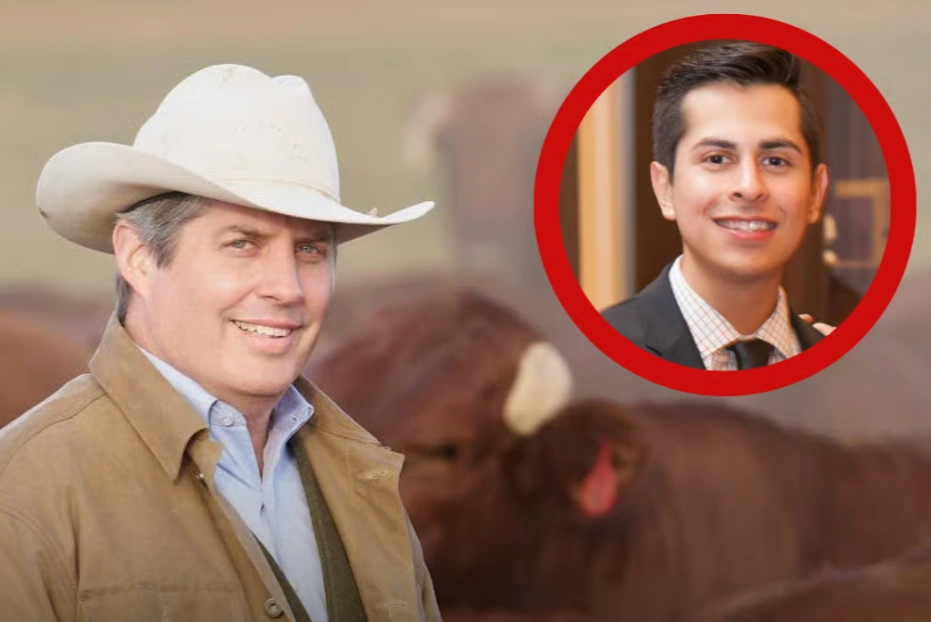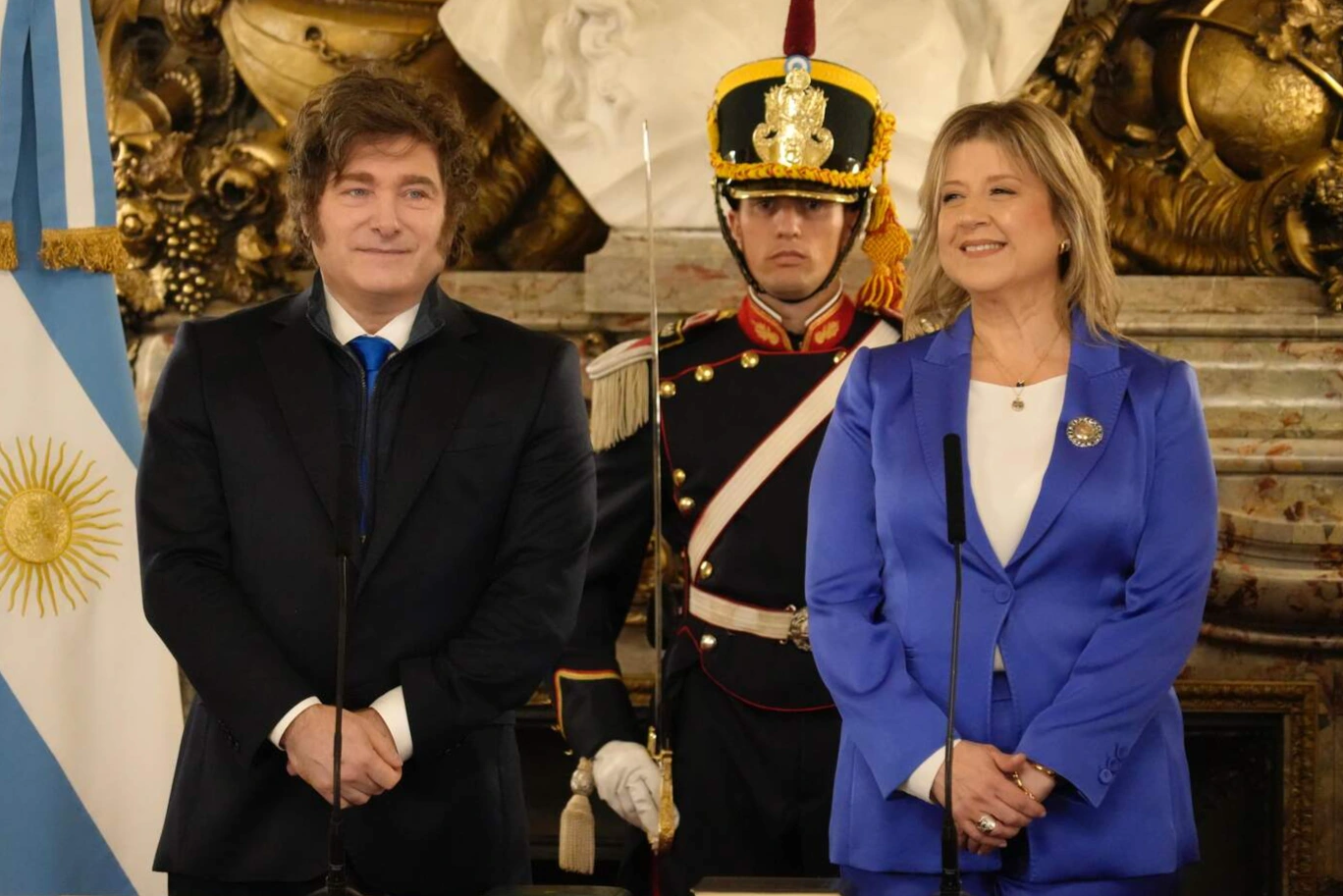In a conversation with La Derecha Diario, Adrián Ravier, economist and current president of La Libertad Avanza in La Pampa, shared his vision regarding the political challenge he has taken on in the province, the economic potential of the region, and the need for a deep transformation in the structure of the State.
Throughout the interview, Ravier addressed the importance of reducing public spending, the strategic opportunities that La Pampa offers to attract investments, and the positive impact of the policies implemented by President Javier Milei in the country. He also highlighted the key role of the cultural battle and the work of Fundación Faro in defending the ideas of liberty.
The full interview with Adrián Ravier
Ares: I wanted to start by asking you why you decided to join the political challenge, right?
Coming more from an academic field, which perhaps, knowing a bit about your personality, one would think you'd be very far from that side, right?
Ravier: In some way, I like Javier Milei's example, of feeling like an outsider to politics, beyond being the president of the Nation, of feeling outside the caste, and of trying to return to citizens the power that was taken from them, right?, in some way. When he talks about giving back, about lowering taxes and returning money to the taxpayer, or about taking care of every peso that the taxpayer contributes, I feel that we're putting into practice what we say in academia. Well, this role as president of La Libertad Avanza in La Pampa, I think, is an interesting new role to build a space in a place where the province's history is that of a 100% Peronist province, at least from what one can see in the history of provincial governments.
Well, we're going to try to change that history. There is a lot of hope, it's truly remarkable, in many meetings I've had in some towns, even here in the capital, in the city of Santa Rosa, the level of hope among the people, the excitement that many people feel seeing that there is a possibility, and also seeing the contrast, right? All the concern from some media aligned with the provincial government trying to make what we're attempting to build fall apart in some way, and putting up some obstacles in the construction of this party.
Of course, we must not ignore that the party was created some time ago, a couple of years, a bit more, and that we didn't start from scratch. We already have representatives in every town, we have a lot of affiliated people, many people who have submitted their affiliations and are waiting to formalize them. So there is a lot of work done, even if it was like underground, right?
It was something that from the surface you couldn't see the work being done, and now I think we're reaping the rewards of all that, added to the figure of Javier Milei, who in La Pampa is also generating extraordinary things. Yesterday's newspaper reported that structural poverty decreased in La Pampa, and the message I'm giving in the media is that this is happening because of Milei, obviously, not because of Ziliotto, who is the governor of the province. I think the drop in inflation, the drop...
Well, data on the decrease in poverty, the decrease in indigence throughout the country, of course, also have an impact here, and the stabilization plan is successful in that sense. Well, I think there is a lot of support and a lot of hope, and we know that at least of the three deputies that will be up for grabs in October, one will go to La Libertad Avanza, and if we do things right, it could be two as well, and if we can also show that we're a political force that defeated Peronism on its own turf, I think we'd be achieving the first objective.
Ares: Based on that, I wanted to ask you, you already hinted at it a bit, right? But, what political particularities does La Pampa have? One never finds out what's happening, or there usually isn't news from La Pampa in general.
Ravier: Well, I came to live here in 2010, I'm from the city of Buenos Aires, I lived in Hurlingham, in Ramos Mejía, I lived in the capital, and in 2010 I came to live here, and I immediately joined the National University of La Pampa as a tenured professor by competition in Introduction to Economics, in the Economics degree program. Honestly, there was a lot of respect at the university for my ideas, which sometimes is surprising, but I have to say it because, truly, the dean, the rector, the professors, regardless of the fact that we knew we had different opinions, there was always tolerance, there was always respect for the content that the tenured professor proposes, and I really have to thank them, because I hear different things in other universities or in other provinces, and that wasn't the case here. I proposed the creation of an economic observatory, and that allowed me to be featured in many press articles for many years, critically analyzing Kirchnerist economic policy, I proposed creating a diploma in economics in which we had Austrian professors invited to complement other local professors who had a different way of seeing things, and they allowed me to do that as well. Well, I must say in that sense that there was always openness to these things.
Meanwhile, I was also able to get to know the province because there are territorial programs in which we go to the towns, to General Acha, Realicó, Quemú Quemú, Macachín, places where I was able to teach people from many places. So, honestly, from that point of view, La Pampa is a place where people are simple, where people are who they are, and say what they think, and in that sense I think it should be celebrated, but also in the contrast, curiously, people are very afraid to participate in politics in the face of Peronism. They're afraid of being fired from their jobs.
A person who works in Government House, a person who works in the municipality, if they posted, for example, during Macri's time, something in his favor or campaigning, they'd be fired or something. Nowadays, it's the same, if someone dares to say they celebrate that Javier Milei is lowering inflation and posts it on social media, they'll be condemned. So, I'm denouncing that fear these days, in my first immersion in politics, that people shouldn't be afraid, that they should dare, that they should post, that they should say what they think, that they should celebrate every success we're achieving with Javier Milei's government, and many people quietly tell me: "Adrián, thank you for saying it, honestly I don't dare, but I appreciate that someone says it". Well, that's the contrast with what I mentioned before. But well, La Pampa has infinite potential, it's the province that's in the center of the country, it's a province very rich in cereals, oilseeds, hydrocarbons, honey, and I think that if the potential of this province is harnessed, it could be one of the richest provinces in the country, and it could easily have the highest per capita product in the country, because there are very few people in La Pampa, a lot of natural wealth and very few people. So, there can't be poor people here, this is a peaceful province, with security, and that's why it can also be controversial the way we're getting involved. I went out and said: "We're going to apply the chainsaw in La Pampa," and when I go to the media and talk to journalists, they tell me: "Do you really think that in La Pampa, which is an orderly province, we need to apply the chainsaw?"
Yes, I say, because if we apply the chainsaw and lower public spending, we can eliminate gross income taxes, we can eliminate SIRCREB, we can be the most attractive province for companies to come and invest. We have an advantage in location, we're close to Mendoza, close to Buenos Aires, close to Córdoba, close to Bahía Blanca, where the port is. If we think about it, it's a unique strategic location. What needs to be done is to generate the right rules of the game so that this becomes an island in a country that's looking the other way. If we achieve the lowest bureaucracy, the lowest corruption, the lowest tax burden, if we're open and eliminate all provincial limits, which sometimes also exist, which are unconstitutional but there are also barriers, and we eliminate them and are open to receiving people, and we carry out the infrastructure works that a province like this deserves, everything can change.
So, honestly, there is, at least, a liberal space that was missing throughout the history of La Pampa, and it's truly impressive what people say every time they approach the space, because they really dreamed of this, and now it's a reality.
Ares: How did you come to the Austrian School of Economics, being something that's not so mainstream in the academic field?
Now, well, logically with Milei's rise it has a higher level of recognition, but a few years ago it was something only for a few insiders, and that was very far from what was mainstream.
Ravier: Well, in this I'm also very much aligned with Javier Milei, who has in some way condemned the University of Buenos Aires and other institutions for blatantly ignoring the Austrian School of Economics. I studied between 1997 and 2002, a degree that lasted five and a half, six years, and I completed it between 97 and 2002, and I always want to say this because today things have changed a bit at UBA, so it would be unfair for me, being outside UBA, to say things that probably have changed. But in my experience, between 97 and 2002, at UBA you learned a lot of Marx, a lot of Keynes, and a lot of Prebisch.
The figure of Julio Olivera, of Roberto Frenkel, and of many structuralist professors, I don't know, Daniel Heymann, who worked at CEPAL at that time, and others, gave the curriculum its imprint from that perspective. Jorge Schvarzer had a book on industry that we managed to get, with protectionist measures and so on. That was what was taught.
What saved me, I say, was my father, who, having been in UCEDE, received the Libertas magazines from ESEADE. And that Libertas magazine had articles by Mises, by Hayek, by Rothbard, by Israel Kirzner, some work by Milton Friedman from the Chicago School, some ordoliberal authors like Luigi Einaudi, Röpke, Erhard, Jacques Rueff, also some author like James Buchanan, or Gordon Tullock, or Geoffrey Brennan, from the Chicago School, also some article by Ronald Coase, from economic analysis of law, or Law and Economics, Derecho y Economía.
